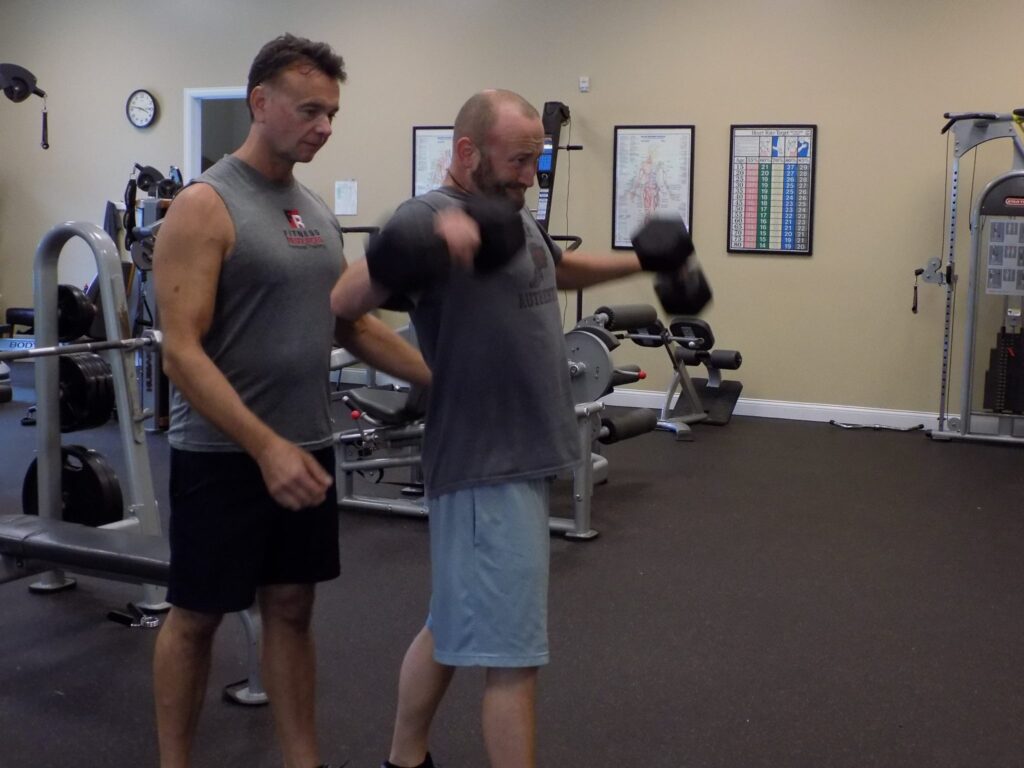Intense exercise before starting a fast can help you reach ketosis faster, research suggests
Gabby LandsverkDecember 3, 2021

- Intermittent fasting may help improve metabolism and prevent disease, according to research.
- Starting a fast by exercising could help you see the benefits more quickly, a new study suggests.
- An intense workout burns through stored energy, which helps you reach ketosis quicker, researchers theorize.
Intermittent fasting, the trend of abstaining from food for set periods of time in the day or week, is praised by some experts as an aid for weight loss and disease prevention.
You may be able to benefit even more from fasting if you kick start it with a workout, which could help you reach ketosis faster, according to a study published in the journal of Medicine & Science in Sports & Exercise
Researchers from Brigham Young University in Utah looked at 20 healthy men and women who completed two 36-hour fasting periods, one starting with exercise and one without. They were looking to see how quickly participants reached ketosis, a metabolic state of burning fat for energy. Ketosis occurs after the body runs out of carbohydrates or glucose, its preferred fuel source, either through fasting or a low carb diet.
The researchers determined whether participants were in ketosis by testing them for one specific type of ketone, a chemical the body produces during ketosis. The chemical, beta hydroxybutyrate (BHB), has been linked to health benefits like reduced inflammation, better blood sugar control, and lower risk of aging-related diseases.
Typically, it can take between 20 to 24 hours of fasting for ketosis to begin and ketones to appear. However, this study found that participants were in ketosis three and a half hours sooner, on average, when they started their fast with an exercise session.
Intense exercise may help quicken ketosis by burning off carbs
Researchers theorized that exercise helped kickstart the fast by using up some of the body’s glucose, or stored carbohydrate energy. Participants worked out by running on the treadmill for 40 to 50 minutes with intense effort (70% of their maximum heart rate). It’s not clear from this study what type of exercise might be ideal for inducing ketosis, or how long you need to work out for best results. The best exercise style and timing may also vary from person to person. Previous research has shown, though, that high-intensity exercise burns glucose more quickly.
“The more carbohydrates you burn off (without overdoing it or injuring yourself), the better you set the stage for starting ketosis early in your fast,” Landon Deru, lead author of the study and a PhD student at Brigham Young University, said in a press release.
Working out could also improve your mood while fasting
Some evidence suggests exercise can boost appetite, prompting you to eat back calories you’ve burned off, but this study found participants weren’t hungrier when fasting after a workout.
While fasting generally was linked to some unpleasant side effects, like hunger or moodiness, exercise didn’t seem to exacerbate them. In some cases, participants who worked out reported feeling happier during the fast, potentially because the brain releases feel-good chemicals during and after exercise (sometimes called a runner’s high).
“Everyone’s going to be a little grumpier when they fast, but we found that you aren’t going to feel worse with the intervention of exercise — with exercise, you can get these extra benefits and be the exact same amount of grumpy as you would be if you didn’t exercise,” Deru said.
Read the original article on Insider




